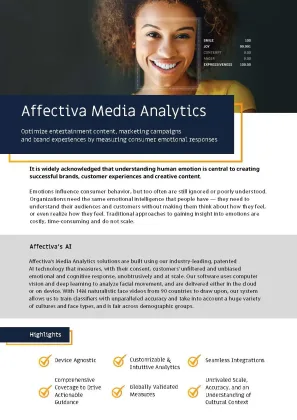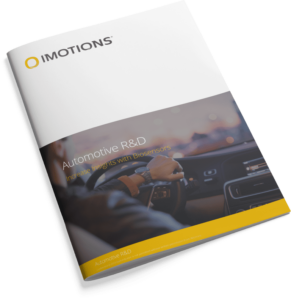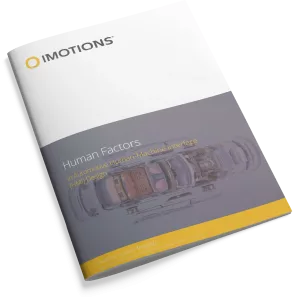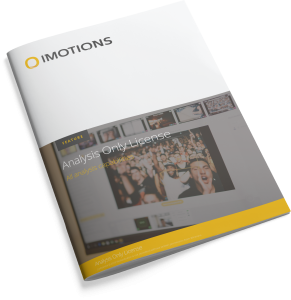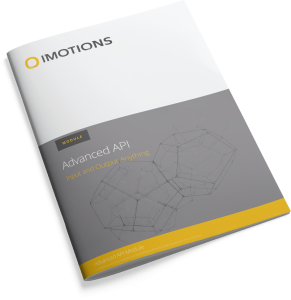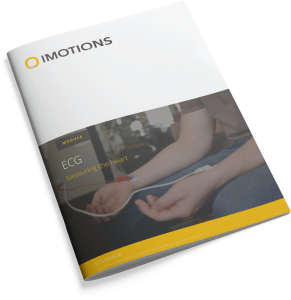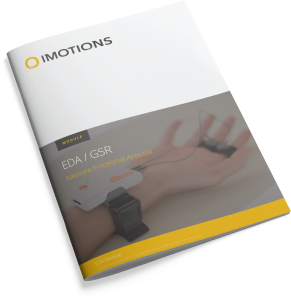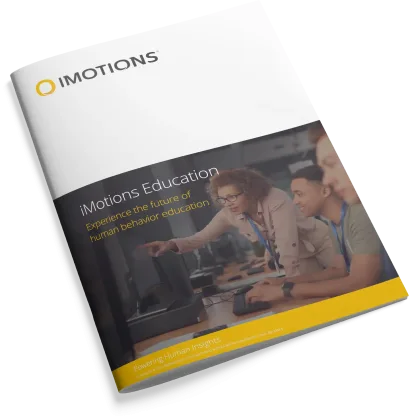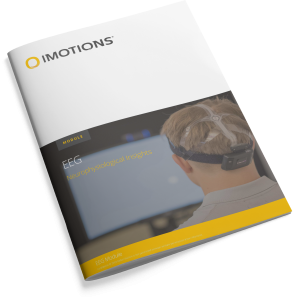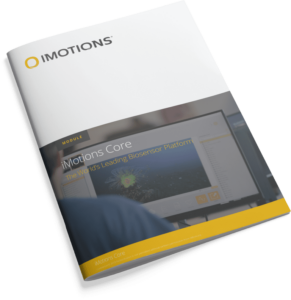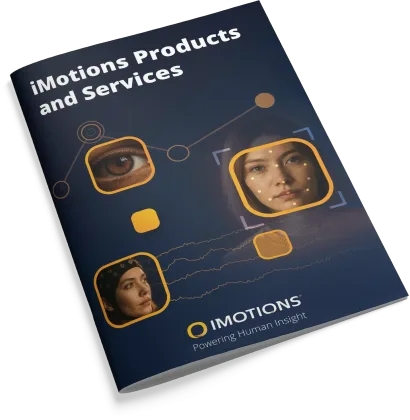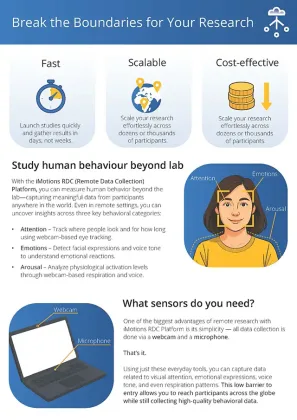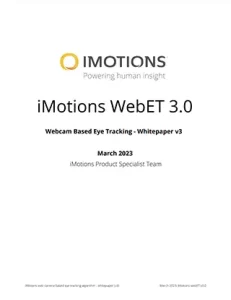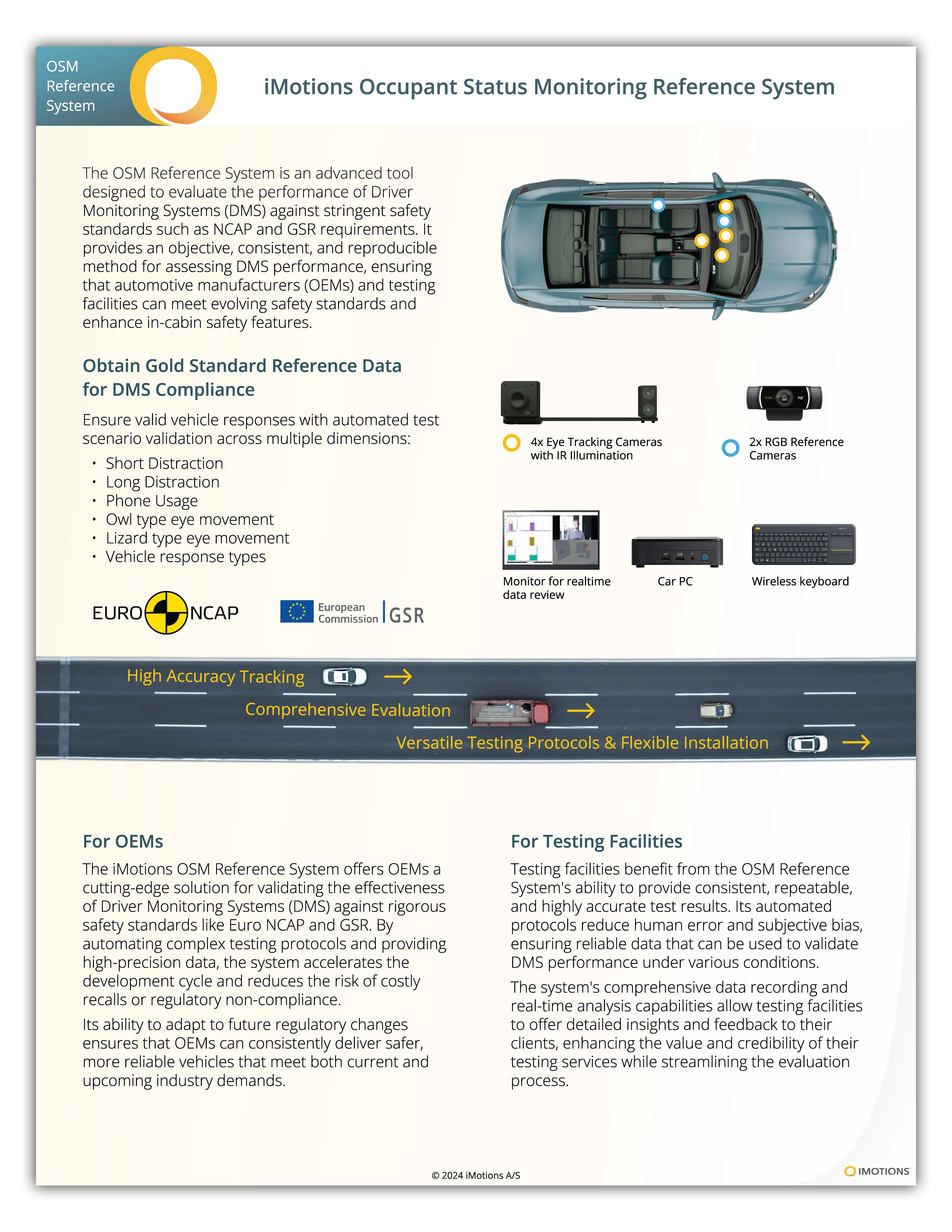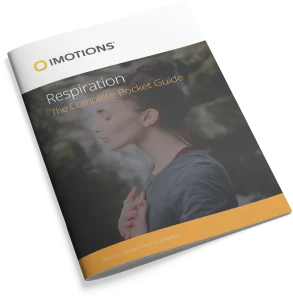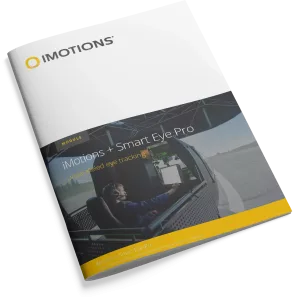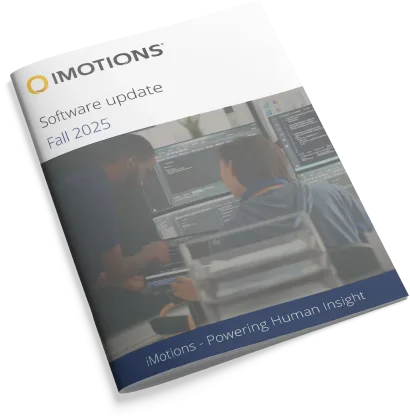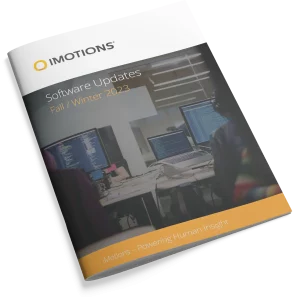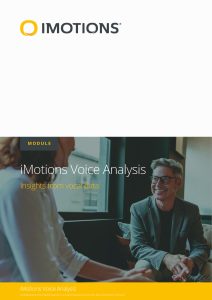Abstract: Procedure invariance is a basic assumption of rational theories of choice, however, it has been shown to be violated: Different response modes, or task frames, sometimes reveal opposite preferences. The current study focused on selection and rejection task frames, involving a unique type of problem with enriched and impoverished options, which has previously led to conflicting findings and theoretical explanations: the compatibility hypothesis (Shafir, 1993) and the accentuation hypothesis (Wedell, 1997). We examined the role of task frame by distinguishing these 2 hypotheses and evaluating the information-processing basis of the choices. Experiments conducted online (Experiments 1 and 3) and in-lab (Experiment 4 with eye-tracking technique) revealed a difference between the 2 task frames in the choice data (i.e., the task-framing effect) as a function of the relative attractiveness of the options. Also, this task-framing effect was not influenced by imposed time constraints (Experiments 5 and 6) and was similarly evident with a more direct measure for the option attractiveness (obtained in Experiment 7). Experiment 2, conducted in a lab setting with verbal-protocol requirements, yielded no task-framing effect, suggesting that a requirement to verbalize reasons for choice minimizes accentuation. With this exception, the choice data are in agreement with the accentuation hypothesis, and the combined findings in choice, decision time, task confusion, and eye-tracking data provide evidence of a basis in cognitive effort rather than motivation, as Wedell proposed.
Keywords:
- Information-processing
- Task-framing
- Eye tracking
- Procedure invariance




